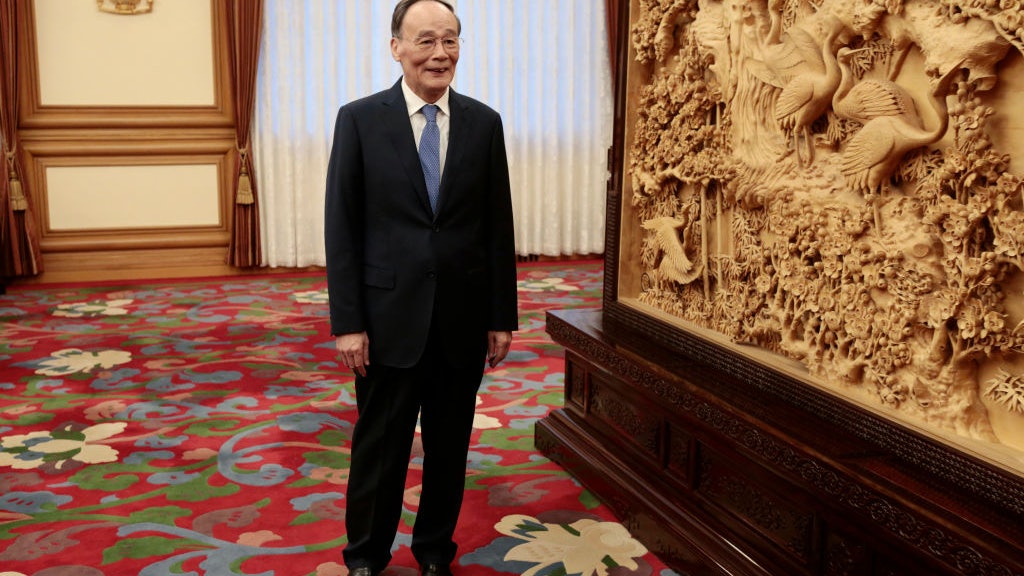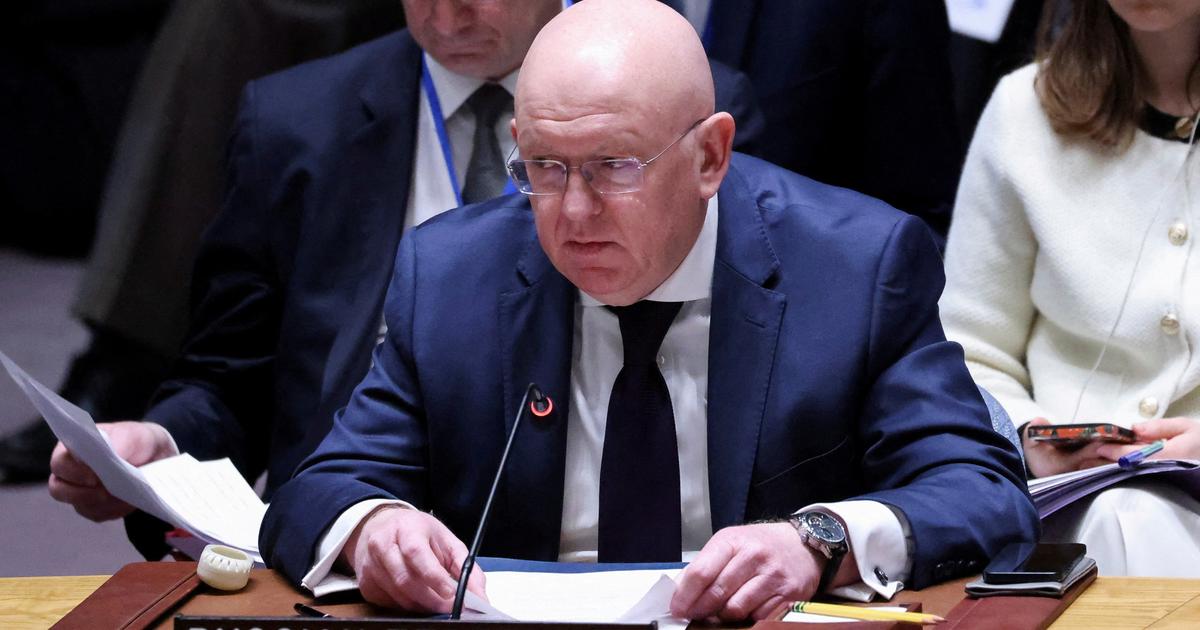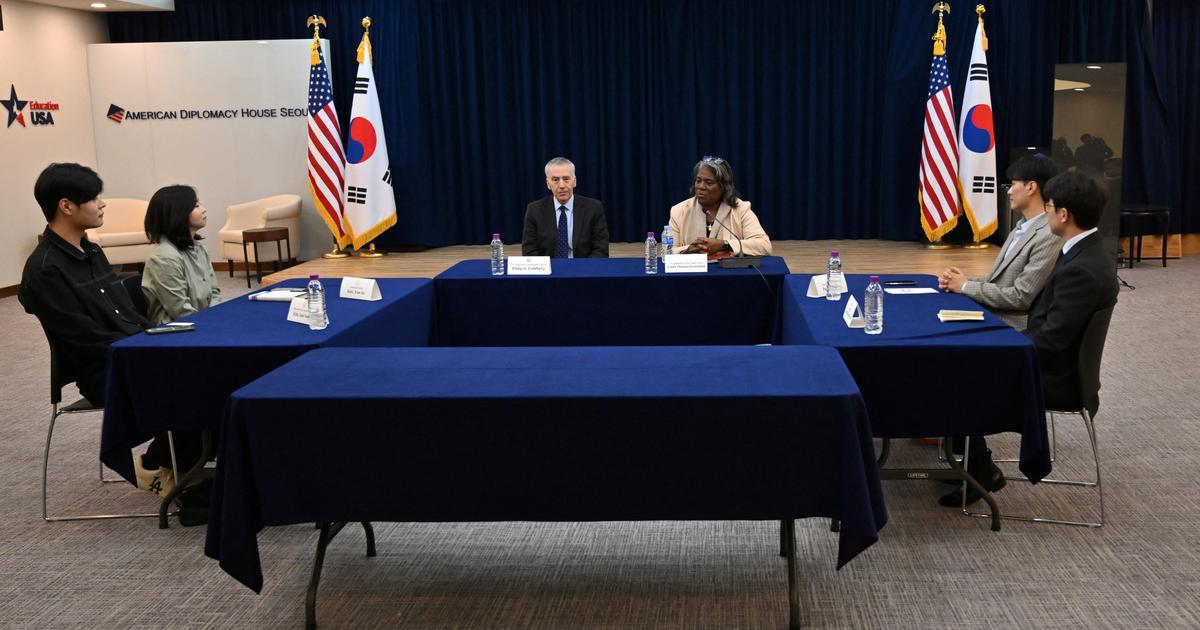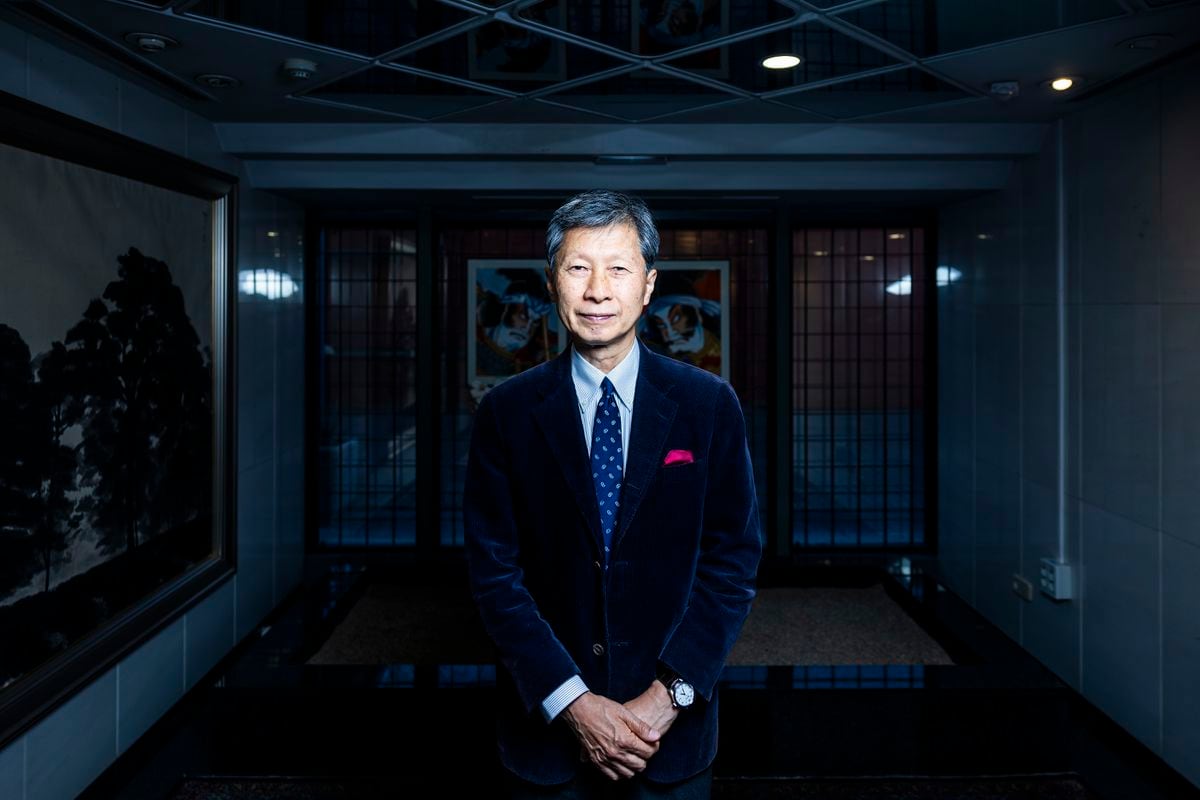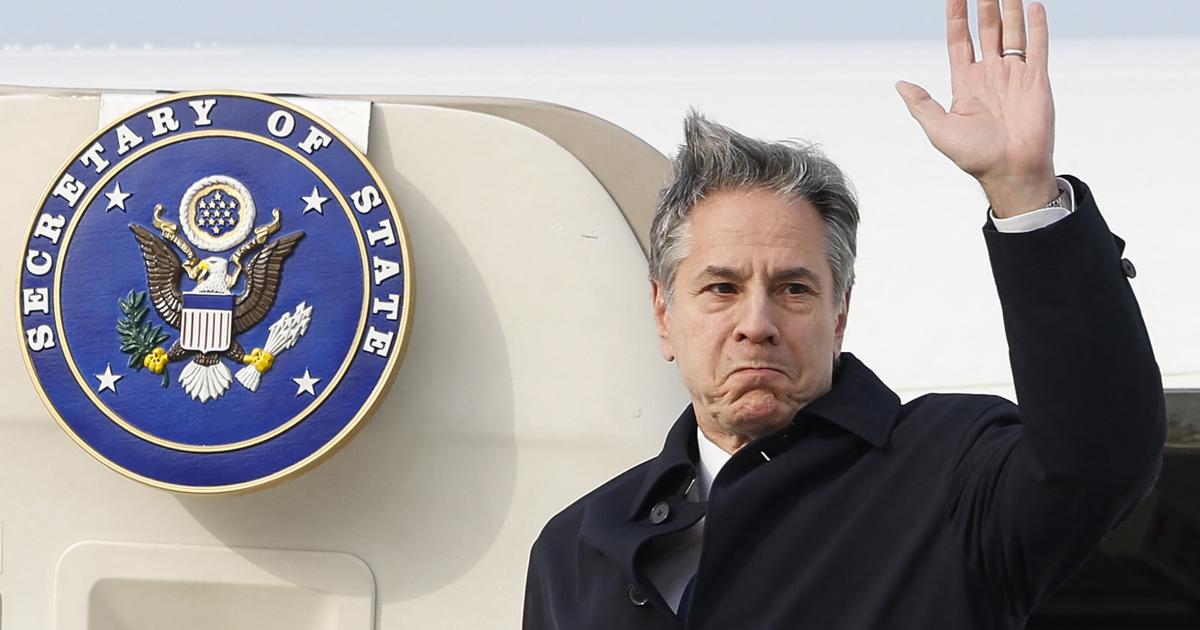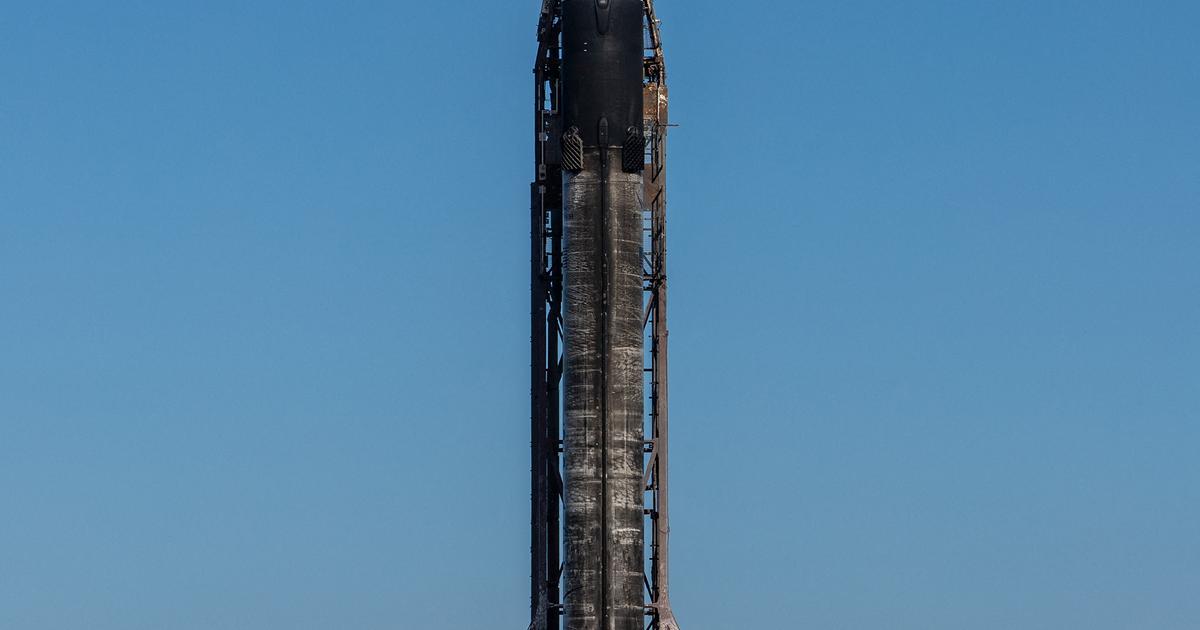The inauguration ceremony of South Korea's newly elected President Yoon Sek-yue will be held in Seoul on May 10. Chinese Foreign Ministry spokesman Zhao Lijian announced that President Xi Jinping's special representative and Vice President Wang Qishan will lead a delegation to South Korea to attend the ceremony.
This is also the time that China's highest-level leader has led a delegation to visit overseas since the outbreak of the global new crown epidemic in 2020, underscoring the importance of South Korea in China's diplomatic puzzle.
Vice President Wang Qishan is a former member of the Standing Committee of the Political Bureau of the CPC Central Committee and secretary of the Central Commission for Discipline Inspection. In 2017, he resigned from the Standing Committee due to his age and became the vice-chairman of the state. He ranks after Xi Jinping and other seven members of the Standing Committee, and before other Politburo members. Eighth Standing Committee".
After the outbreak of the new crown epidemic in 2020, the leaders of the Standing Committee of the Communist Party of China stopped foreign visits. The major away diplomatic activities in the past three years were mostly conducted by Yang Jiechi, member of the Politburo in charge of foreign affairs and director of the Office of the Foreign Affairs Commission, and State Councilors, Foreign Minister Wang Yi and two deputy state leaders were present.
While the international epidemic is still running at a high level, this time, Wang Qishan, the "Eighth Standing Committee Member", was sent to attend the inauguration ceremony of South Korean President Yoon Sek-yue.
China-ROK relations have maintained a stable and positive development trend during the past few years during Moon Jae-in's presidency.
Since the deterioration of Sino-US relations, starting from the Trump era, the US has intensified its efforts to win over South Korea, trying to pull South Korea into the "Indo-Pacific strategy", complementing the geopolitical containment of China in Northeast Asia After taking office, Joe Biden has further intensified his efforts to win over South Korea.
On May 21, 2021, South Korean President Moon Jae-in visited the White House and held a press conference after meeting with U.S. President Joe Biden.
(Reuters)
However, in contrast to Japan's positive response, the Moon Jae-in administration has lost interest in joining the US's strategy of containing China. Moon Jae-in himself has publicly stated many times that "South Korea-US relations and South Korea-China relations are equally important to South Korea."
Zheng Eui-yong, the foreign minister of the Moon Jae-in government, also said that both China and the United States are very important to South Korea, and China and the United States are not an option.
The Moon Jae-in government clearly sees that in order to avoid being involved in the competition of major powers, South Korea must seek to diversify its economic and trade interests and expand more space for development.
China, in particular, is not only a close and powerful neighbor, but also South Korea's largest trading partner, and South Korea itself does not have the economic size and military potential to compete with China like Japan and India. If the political relationship with China deteriorates, South Korea will not only have to bear the burden Economic losses and security guarantees will also face challenges.
However, the new president of the opposition National Power Party, Yoon Seok-wyeh, has brought subversive changes to the Moon Jae-in government's China policy.
During the general election, Yin Xiyue made tough and stimulating remarks on South Korea-China relations many times, arguing that South Korea should no longer be trapped in the Korean Peninsula, but should try to become a "global hub country", and South Korea should not succumb to the Chinese economy at the expense of its own security interests. pressure.
He believes that after the THAAD incident, the "Three Nos" policy announced by the Moon Jae-in government has weakened South Korea's sovereignty. Therefore, in the Sino-US competition, South Korea's strategic ambiguity has caused the South Korea-US alliance to develop a centrifugal tendency. South Korea must adjust its policies in time to better Take a proactive stance to carry out peripheral diplomacy and enhance South Korea's international influence through a clearer lineup.
In terms of foreign policy, Yin Xiyue held high the alliance between South Korea and the United States, claiming to deploy more THAAD missile defense systems and participate in the cooperation projects of the "Quad Security Dialogue" (Quad) between the United States, Japan, India and Australia.
He strongly criticized the government policy of the Moon Jae-in government with the primary goal of improving inter-Korean relations, and hoped that South Korea would play a more active role in the world, (Associated Press)
Regarding South Korea-US relations, Yin Xiyue said that establishing a deeper alliance with the United States should become the center of South Korea's foreign policy. South Korea benefits from the global and regional order led by the United States and should seek to establish a comprehensive strategic alliance with the United States in the future.
Just when many people thought that Yin Xiyue's above statement was just "election language", and that after being elected, she will inevitably swing back in the direction of stabilizing Sino-South Korean relations. On May 5, the National Intelligence Service of South Korea's intelligence agency announced that South Korea has officially joined NATO. The Center for Cyber Defense (CCDCOE) became the first Asian country to join this organization, opening a door to conflict and confrontation for the Sino-South Korean relations that are about to begin in the Yin Xiyue era.
In response to South Korea's move, Lv Chao, chief researcher of the North Korea and South Korea Research Center of the Chinese Academy of Social Sciences, Liaoning Province, said that cyber warfare is a very important item in modern global warfare, and CCDCOE is mainly designed to cooperate with NATO's cyber warfare operations.
As China's neighbor, South Korea has officially joined the NATO network organization this time, which itself should arouse China's great attention.
This means that if a cyber war against China breaks out in the future, South Korea is equivalent to siding with NATO and threatening China's cyber security.
China-South Korea relations have been in a lukewarm embarrassing situation in recent years.
(VCG)
Of course, the Chinese government is very aware of the importance of South Korea and the possible future changes in China-South Korea relations. Under the game pattern between China and the United States, if South Korea chooses to turn to the United States, the entire Northeast Asia structure will return to the post-World War II Cold War state. An important trade and technology import partner will also put China in a passive position in the geopolitical game with the United States.
On the contrary, if South Korea turns to China or maintains proper neutrality, the alliance system of the United States in Northeast Asia will be useless, and its entire Indo-Pacific network of controlling China will also have gaps, and the United States will be passive.
Therefore, in response to the possible diplomatic changes in South Korea, the Chinese government has also stepped up its official "public relations" efforts to South Korea. On May 1, Liu Xiaoming, the Chinese government's special representative for Korean Peninsula affairs, flew to Incheon, opening the first time since he served as the representative. During the South Korean itinerary, Liu Xiaoming not only held the first offline meeting of the special representative of South Korea, China and North Korea on nuclear weapons, but also met with the first official of the Ministry of Foreign Affairs of South Korea, Cui Zhongjian, as well as the Ministry of Unification, the State Personnel from departments and agencies such as the Security Office and the Presidential Handover Committee.
Liu Xiaoming's trip has not yet ended, and the Chinese government announced that under the epidemic situation, Wang Qishan, a member of the "Eighth Standing Committee", will lead a delegation to attend Yin Xiyue's presidential inauguration ceremony, which further highlights the importance the Chinese government attaches to China-South Korea relations, and will inevitably become China-US in the Northeast. It is an important part of the fierce diplomatic competition in Asia.
The Chinese Ministry of Foreign Affairs confirmed that Wang Qishan attended the inauguration ceremony of the South Korean President. Korean media: The standard is higher than that of the previous high school representatives from South Korea to North Korea. Liu Xiaoming urges the United States and North Korea to resolve mutual mistrust through dialogue. Uncertain attitude is dangerous

